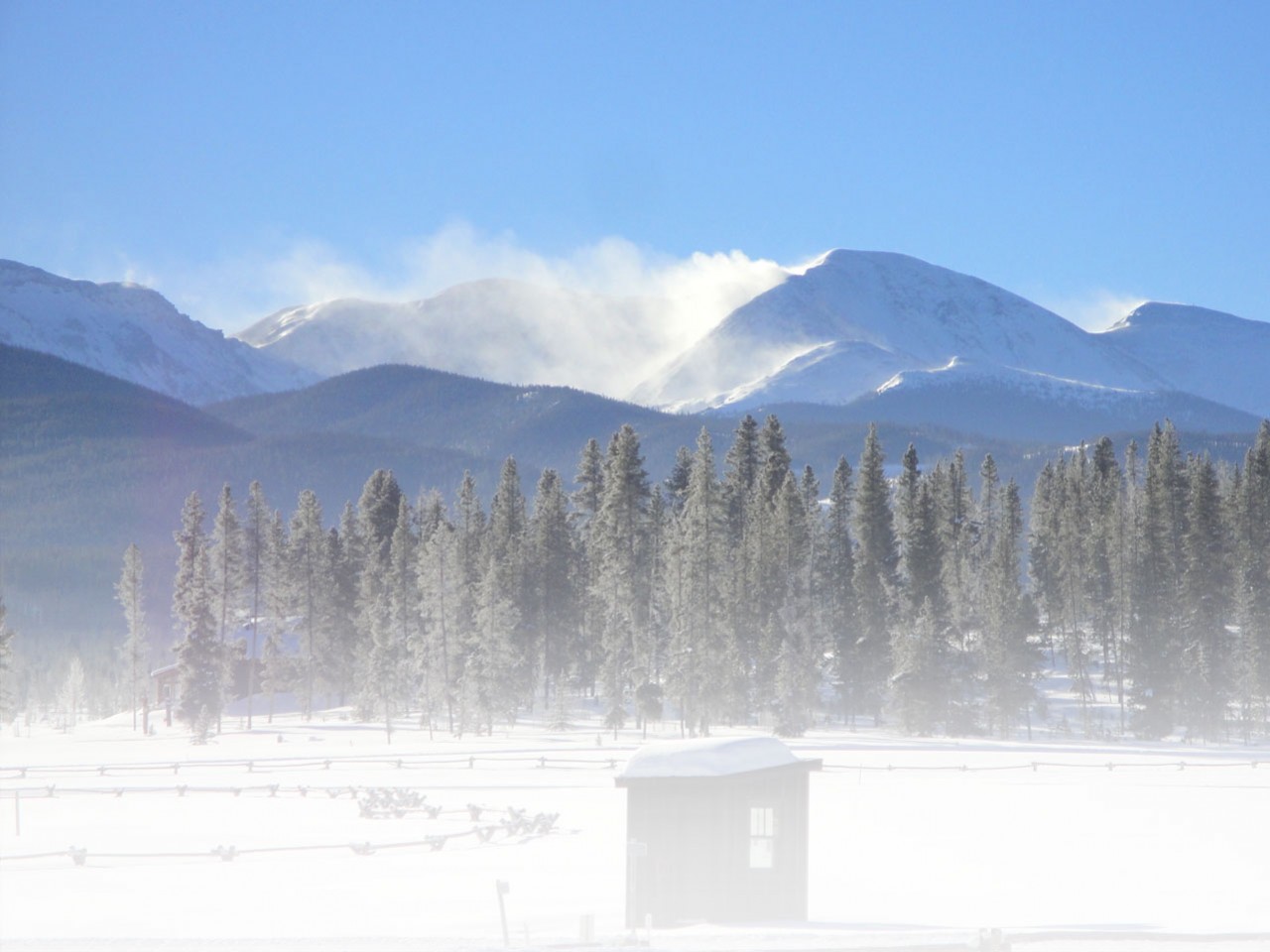Question:
I am wondering how to stay well hydrated for longer trail runs during the summer, especially when training for ultramarathons. I see photos of runners running with a single bottle and wondering if they just make do as that certainly can’t be enough fluid on a hot day?
– Chris S.
Answer:
Hi Chris,
Staying well hydrated during longer training runs and races in the summer is vital. Trying to ‘make do’ with limited water is never wise or safe, both from a performance standpoint as well as for safety.
Individual needs for adequate hydration can vary greatly depending on the conditions, heat, humidity, altitude and individual needs. It’s always best to go into a run with a little more water than what you think you’ll need compared to getting out there and not having enough.
If you are running on trails through city parks and conservation areas, you can sometimes plan your routes to hit water fountains along the way at reasonable distances apart. Another option is to leave a supply of water either stashed in your car or on the trail and run smaller loops where you can resupply regularly. The problem with this however is that you can never go very far from your water supply, so will miss out on exploring further trails and what makes trail running such an attractive activity in the first place. Therefore, the most obvious solution is to carry your own water during your run. While this does add some weight, it doesn’t take too long to get used to it.
The following are some options on how to carry water while running.
Single Bottle Water Belt:
You will only be carrying a 500-600 ml bottle, but this can be enough for most runs of up to 90 minutes.
Double Bottle Water Belt:
Usually this is enough for most runs of 2-3 hours, unless it is exceptionally hot.
Handheld Bottles:
By running with handhelds you can bring the same amount of water as the above two options, however you’ll just be carrying them in your hands instead of around your waist. Running with handheld bottles takes some getting used to, but some prefer this as opposed to having a belt snug around their waist. Personally I prefer using handhelds while on more technical trails or if running hilly routes. I’ve always found that the water belts felt a little more comfortable on flatter and faster terrain where you want to be moving at a quicker pace.
Hydration Pack:
Running hydration packs increase the amount of water you can carry substantially while on a long trail run. There are many models on the market that will allow you to comfortably run with up to 3 liters of water and keep you well hydrated for some pretty long runs on the trails. Hydration packs are an added benefit when out for a long trail run as there are plenty of pockets and storage places to carry emergency supplies which could include extra clothing, food, first aid kit, headlamp or anything else you need for a long day on the trails.
If 3 liters of water isn’t enough for your epic trail running adventure, then you might even consider adding one of these options in addition to your hydration system.
Water Purification Tablets:
While these are relatively inexpensive and easy to use, there is a delay time in that you have to wait for the tablets to purify the water before drinking it. Another side effect of tablets is the chemicals that you end up consuming and the possibly foul tasting chemical taste. The bad taste can be hidden by adding some flavored sport drink to the water AFTER the necessary treatment time has occurred.
Water Filters:
There are many water filter and pump systems on the market that will allow you to safely filter water from the lakes and streams to make it suitable for consuming. The only problem with this is that it can be a bit labor intensive and have you stopping and starting, loading and unloading while doing this.
Steripen:
The Steripen is one of my favourite gadgets and allows me to easily get more water during a long trail run. This is a really cool little device that allows me to travel really light. It’s an Ultraviolet light about the size of a marker that treats water, making it drinkable in 45 seconds (per 500 ml). I’ll sometimes run with just one or two bottles during a long trail run and as long as I have access to plenty of lakes and streams along the way, I can keep the weight down substantially. The key of course with taking this approach is that you need to be sure that there are plenty of water sources that you’ll have access to.
With whatever method you choose to rehydrate with on your trail runs, it is also worth pointing out that hydration is only one part of the equation and on hot days when you are sweating substantially and drinking a lot of water, you also need to make sure to keep your electrolyte balance in check by either consuming a sport drink or electrolyte capsules.
You may find the following gear reviews helpful.
Ultimate Direction Wasp/Wink Pack: https://archive.snowshoemag.com/viewContent.cfm?content_id=669
Steripen Adventurer: https://archive.snowshoemag.com/viewContent.cfm?content_id=344


![[Archive] Snowshoe Magazine - The snowshoeing experience for snowshoers around the world: snowshoe racing, snowshoes, gear reviews, events, recreation, first-timers.](https://archive.snowshoemag.com/wp-content/themes/snowshoemag2011/images/snowshoemagazine_logo.png)
Follow us for the latest news!